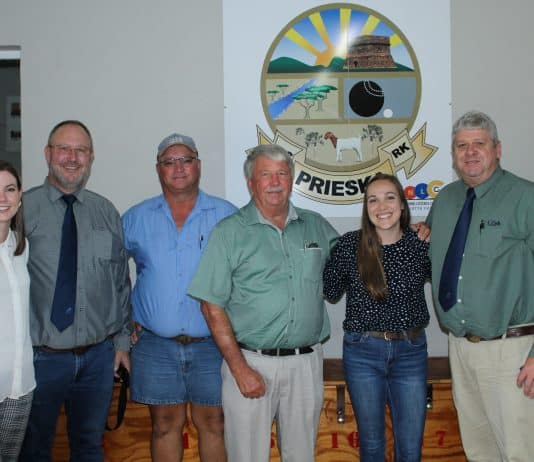Home Agri News
Agri News
AgriOrbit is the Grand Central of Plaas Media and its products. It is also a source of the latest agri news and happenings in agriculture. The website boasts the latest and breaking news, market updates, in-depth articles and opinion pieces and showcases the work done through Plaas Media’s various projects, events and competitions.
















